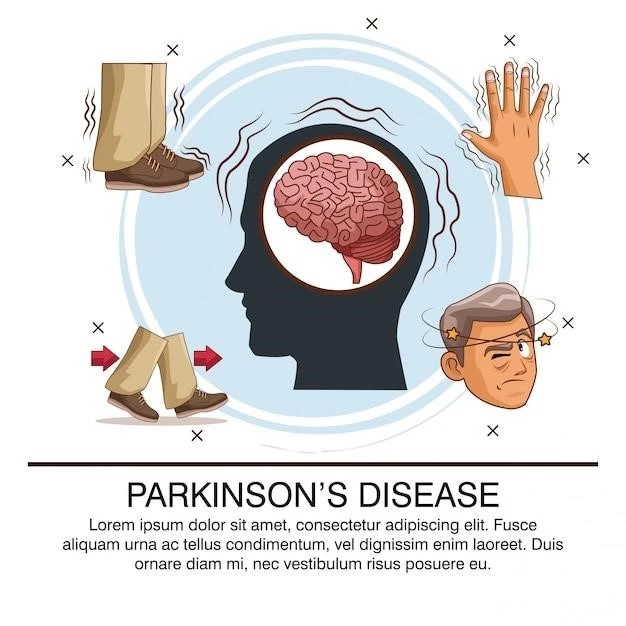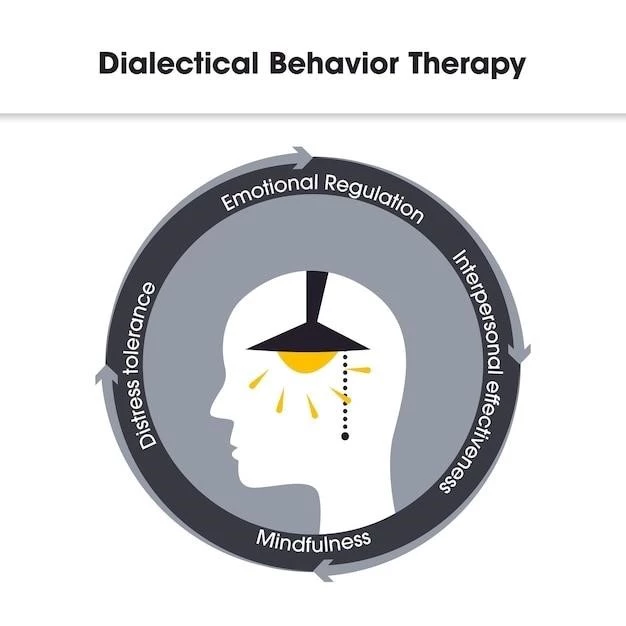Paraplegia-mental retardation-hyperkeratosis syndrome is characterized by intellectual deficit, spasticity in the lower limbs, and palmar and plantar hyperkeratosis.
The Paraplegia-mental retardation-hyperkeratosis syndrome is a rare genetic disorder characterized by intellectual deficit, spasticity in lower limbs, and hyperkeratosis of palms and soles. It affects both cognitive and physical functions.
Clinical Features of the Syndrome
The syndrome presents with intellectual impairment, spasticity in lower limbs, and hyperkeratosis of palms and soles, affecting both cognitive and physical functions.
Definition and Characteristics
The Paraplegia-mental retardation-hyperkeratosis syndrome is a rare genetic disorder characterized by intellectual deficit, spasticity in lower limbs, and hyperkeratosis of palms and soles. It affects both cognitive and physical functions.
Spasticity in Lower Limbs
Individuals with this syndrome commonly experience spasticity in their lower limbs, leading to difficulties in movement coordination and walking.
Hyperkeratosis of Palms and Soles
The syndrome manifests with hyperkeratosis of the palms and soles, leading to thickened and rough skin in these areas, which can cause discomfort and difficulty in fine motor tasks.
Genetic Basis and Inheritance Patterns
The Paraplegia-mental retardation-hyperkeratosis syndrome is an X-linked genetic disorder with variable severity in intellectual deficit, spasticity, and hyperkeratosis.
X-linked Recessive Inheritance
The Paraplegia-mental retardation-hyperkeratosis syndrome is inherited in an X-linked recessive pattern, with variable severity in intellectual impairment, spasticity, and hyperkeratosis.
Diagnosis and Differential Diagnosis
The diagnosis of Paraplegia-mental retardation-hyperkeratosis syndrome involves identifying key features such as intellectual deficits, spasticity in lower limbs, and hyperkeratosis. Differential diagnosis includes distinguishing from other conditions with similar hyperkeratosis manifestations.
Distinction from Other Hyperkeratosis Conditions
Diagnosing Paraplegia-mental retardation-hyperkeratosis syndrome involves distinguishing it from other hyperkeratosis conditions that share similar skin manifestations but do not have the associated intellectual and motor impairments seen in this syndrome.
The management of Paraplegia-mental retardation-hyperkeratosis syndrome typically involves a multidisciplinary care team to address the complex needs associated with intellectual deficits, spasticity in lower limbs, and hyperkeratosis.
Management and Treatment Approaches
Management of paraplegia-mental retardation-hyperkeratosis syndrome typically involves a multidisciplinary care team to provide comprehensive care addressing the intellectual deficits, spasticity issues, and hyperkeratosis present in affected individuals.
Research and Advances in Understanding the Syndrome
Recent studies have shed light on the genetic and clinical aspects of Paraplegia-mental retardation-hyperkeratosis syndrome, offering a deeper understanding of the syndrome’s underlying mechanisms and potential treatment approaches.
For individuals with Paraplegia-mental retardation-hyperkeratosis syndrome, accessing support organizations and financial assistance can help alleviate the challenges associated with this rare genetic disorder. Learn more about available resources and how they can provide assistance.

Support Resources for Patients and Families
Accessing support organizations and financial assistance can be crucial for individuals and families affected by Paraplegia-mental retardation-hyperkeratosis syndrome. Learn about available resources to help navigate the challenges posed by this rare genetic disorder.
Organizations and Financial Assistance
Accessing support organizations and financial resources can provide crucial assistance to individuals and families affected by Paraplegia-mental retardation-hyperkeratosis syndrome, helping to manage the challenges presented by this rare genetic disorder.

Impact on Daily Life and Challenges Faced
Individuals with Paraplegia-mental retardation-hyperkeratosis syndrome face challenges related to finances, access to care, and mental health, impacting their daily lives significantly. Understanding these challenges is crucial for providing appropriate support and care.
Effects on Finances, Access to Care, and Mental Health
Individuals affected by Paraplegia-mental retardation-hyperkeratosis syndrome may face financial burdens, challenges in accessing appropriate care, and mental health implications due to the complex nature of the condition. Understanding and addressing these aspects are vital in supporting the affected individuals and their families.
